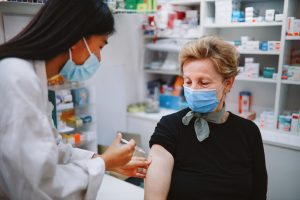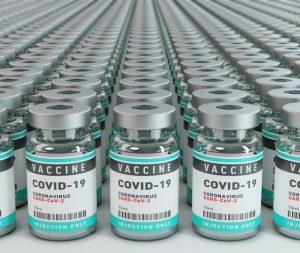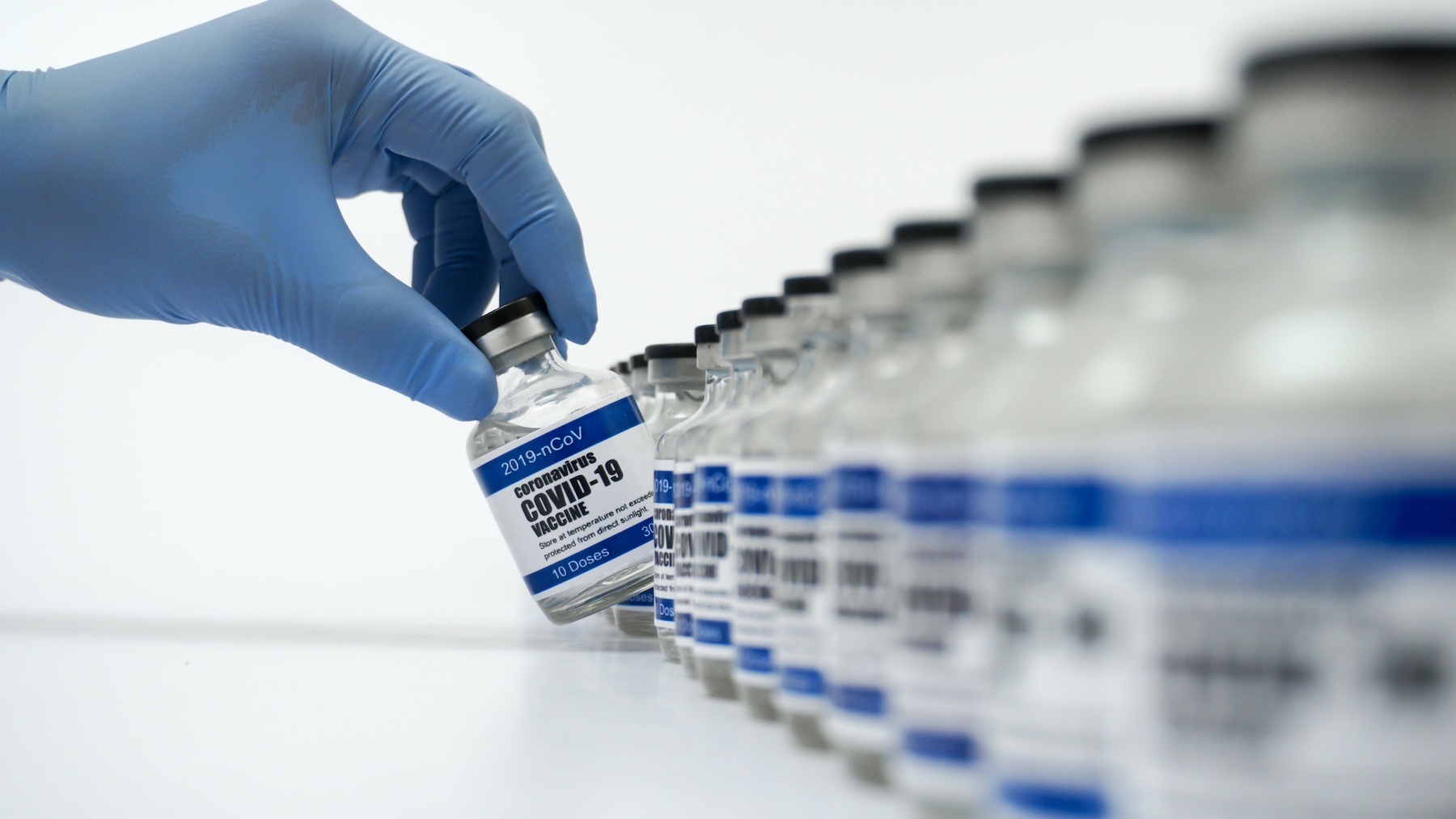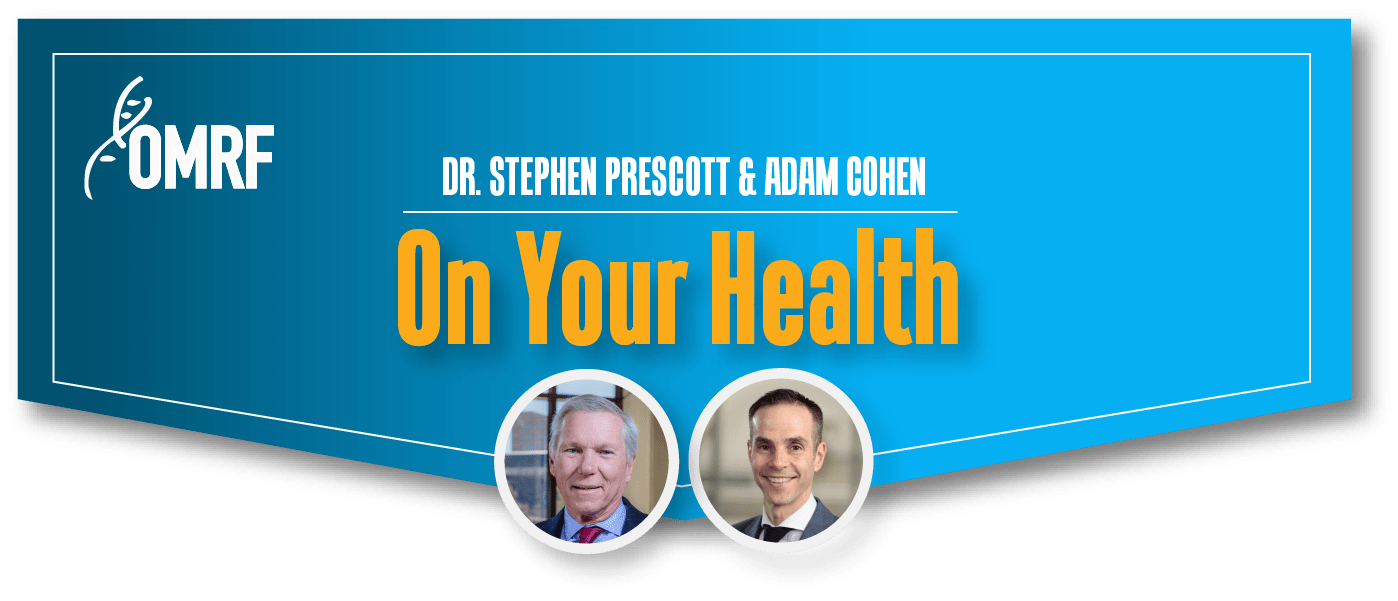When it comes to readers of this column, they don’t come much more loyal or thoughtful than Stillwater’s Dick Fischer. So when Dick shares a comment, our ears perk up.

Recently, Dick sent us a note about the many personal injury lawsuits he expects to see in the wake of the nationwide Covid-19 vaccination program. “The plaintiffs’ lawyers are probably salivating,” he wrote.
Actually, Dick, not so much.
Because we’re talking about vaccines, any claim of injury can’t be brought through the standard mechanism of a lawsuit against the pharmaceutical company that produced it (or the health care provider who administered it). Instead, it must go through a federal program administered by the U.S. Health Resources and Services Administration.
That program, the Countermeasures Injury Compensation Program, was created in 2005 to deal with injury claims related to vaccines – like those produced by Moderna and Pfizer to prevent Covid-19 – made available under emergency use authorization. The idea was to enable drugmakers to develop and distribute vaccines to meet urgent public health needs free from the threat of lawsuits.

This is especially important in the realm of vaccines, where profit margins are thin, but the potential for massive class-action litigation looms large. When public health officials grew worried that the nation’s vaccine supply would dry up for precisely this reason, Congress passed the National Childhood Vaccine Injury Act, which indemnifies drug companies from lawsuits.
Modeled on workers’ compensation systems, it created the so-called vaccine court, a federal claims tribunal with exclusive jurisdiction over alleged vaccine injuries. Designed as a no-fault system, it pays roughly 70% of all claims from a federal fund, to the tune of more than $500,000 per recovery.
The Countermeasures Injury Compensation Program is an offshoot of this system, built specifically with pandemics in mind. But unlike its cousin, it doesn’t have much of a track record of compensating claimants.
In its 16-year history, it’s dealt with a relatively small number of claims, almost all related to the H1N1 flu vaccine. Of a reported 499 claims, it’s paid only 29.
That’s a compensation rate of less than 10%. For those successful claims, the average payment has been about $370,000. And unlike the vaccine court, awards do not include attorneys’ fees.

The Countermeasures Program does provide a backdoor to the standard court system, allowing claimants to sue if they can prove “willful misconduct” on the part of drugmakers. That, however, is an almost impossible legal standard to meet.
Against this legal backdrop, it’s hard to imagine a salivating plaintiffs’ bar. Or, for that matter, more than a handful of claims. The odds of success just aren’t there.
Ultimately, jurisdiction for Covid-19 vaccine claims could one day move from the Countermeasures Program to the vaccine court. But for that to happen, the vaccines would have to receive Food and Drug Administration approval for routine use by pregnant women or children, include a 75-cent excise tax per dose, and the Secretary of Health and Human Services would have to take action.

None of this is to say that this is a well-designed system or the way it should be. However, absent a change from the Biden administration, this is the system we have.
Happily, with more than 15 million doses and counting of Covid-19 vaccines administered, reports of serious side effects have been extremely low. The most frequent seems to be a severe allergic reaction known as anaphylaxis, occurring in about 1 in 100,000 vaccine recipients. Treatable with epinephrine and steroids, for most, even these rare reactions should not carry long-term health consequences.
Still, in a litigation-prone society, it’s easy to lose the forest through the trees. When it comes to Covid-19, the biggest risk isn’t rare side effects from vaccines shown to be safe and effective in large-scale clinical trials. The biggest risk is not being vaccinated.
If you make that choice, you’re betting that a virus that’s killed 400,000 Americans won’t kill you.
That doesn’t sound like a bet worth making.
__
Dr. Stephen Prescott is president of the Oklahoma Medical Research Foundation, and Adam Cohen is OMRF’s senior vice president and general counsel. They can be reached at omrf-president@omrf.org. Get On Your Health delivered to your inbox each Sunday — sign up here.




